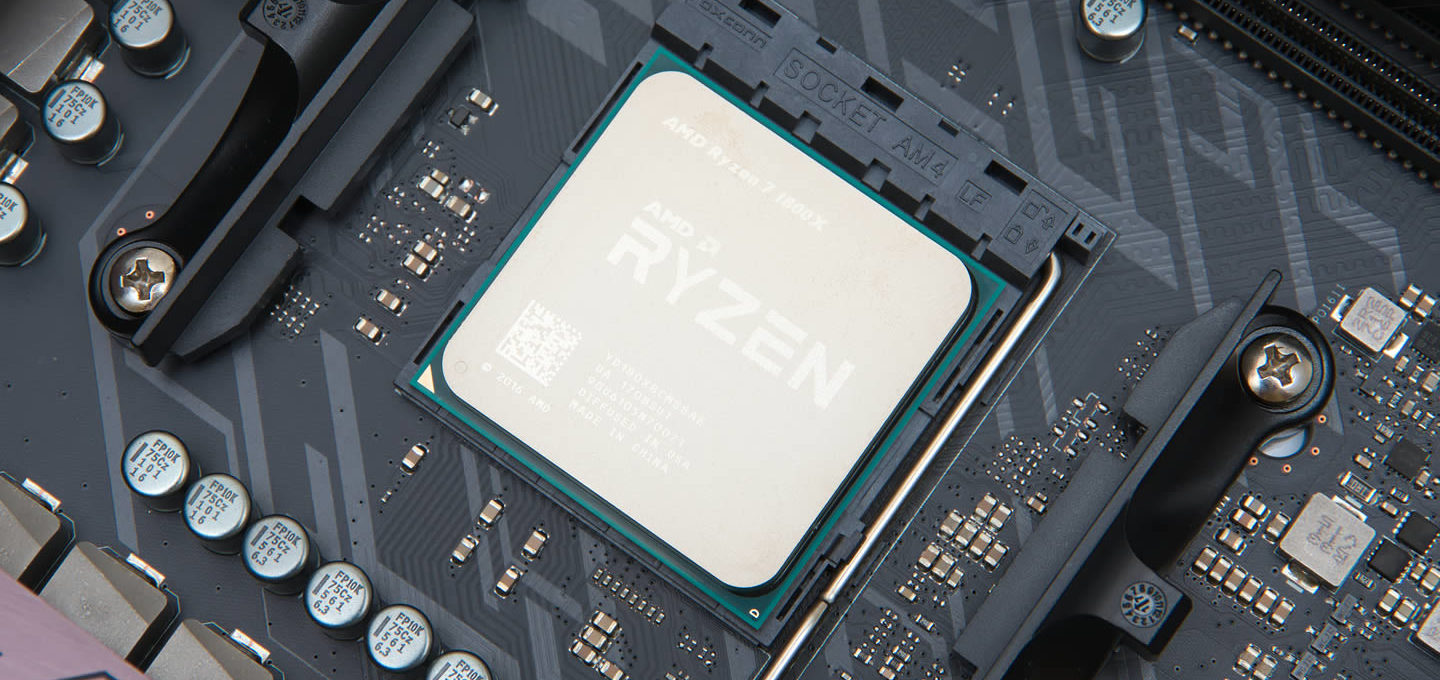Intel has dominated the server market for the better part of a decade with its Xeon microprocessors, but AMD’s new Zen architecture brings competition back to the sector.
The latest signal that competition is rekindling, AMD has inked a deal with Chinese search giant Baidu to provide the CPUs for the internet firm’s AI, big data and cloud computing, and other IT services.
Liu Chao, senior director of Baidu’s System Technologies Department, said the company chose AMD’s Epyc processors to power its ABC infrastructure because the platform provides “a new level of energy efficient and powerful computing capability”. The tech firm also announced that it will start introducing Epyc-based servers across its global data centres from January as part of a wider effort to improve its computational performance.
The Baidu announcement follows news earlier this month that Microsoft Azure has deployed Epyc processors in its datacentres in advance of its L-series of Virtual Machines that will take advantage of the chip’s high-core count and connectivity support.
These deals show a return to form for AMD, which had seen its market share decline against long-term rival Intel for a number of years. Many cloud services companies expressed interest in the Zen architecture and Epyc CPUs when they were announced earlier this year, and 2018 is likely to see other large names rolling out servers powered by AMD technology.
The Zen architecture also includes the Ryzen desktop CPUs that have gained widespread support amongst PC enthusiasts over the last year, with a number of magazines putting AMD’s Ryzen line ahead of Intel’s Kaby Lake (8x) series. Ryzen processors have a lot in common with their Epyc siblings, just with a few less cores, with Ryzen processors offering between four and 16 cores, while the server-focused Epyc chips offer up to 64 cores on dual socket systems.
It is about time Intel had some competition in the desktop and server market, and after AMD finally revealed its Zen-based mobile processors in October, the laptop market should soon heat up as well with some Raven Ridge (Ryzen-powered) notebooks from HP and Lenovo. The new processors will include AMD’s superior Radeon Vegas graphics capabilities, and the chip-maker claims they will offer similar performance and battery life to Intel’s popular Core i3/i5/i7 range.
Welcome back AMD, it’s been way too long.
Photograph by Brian Wong

